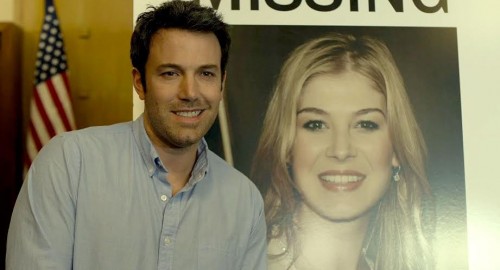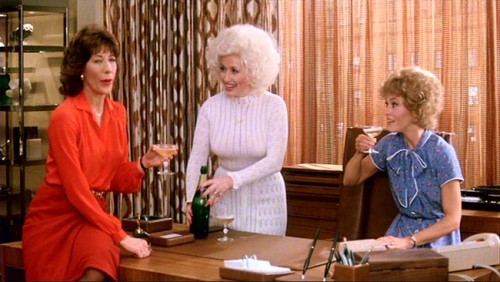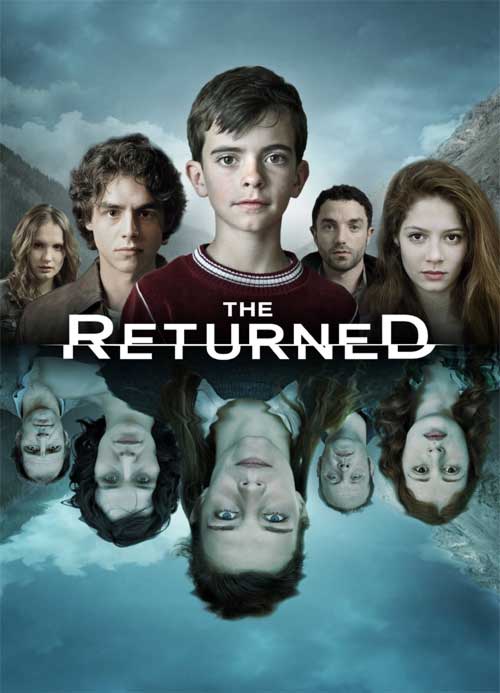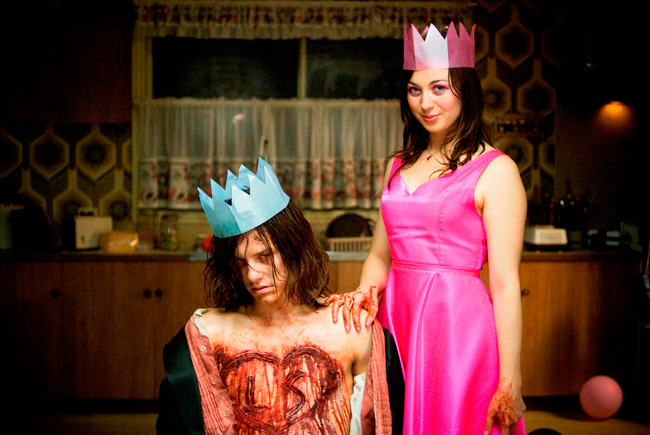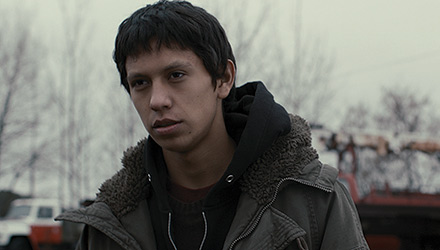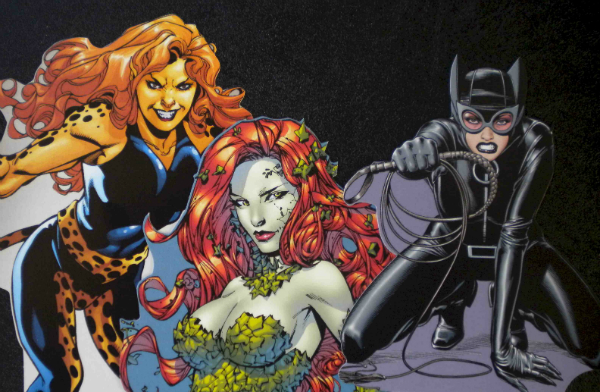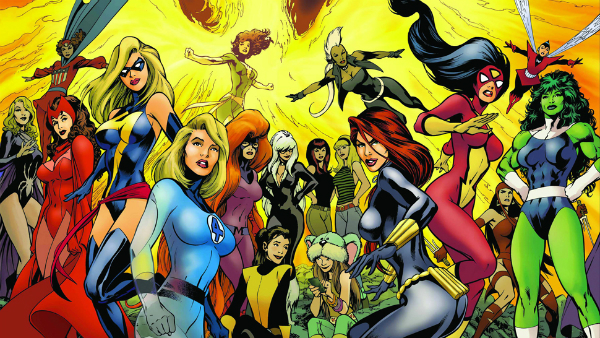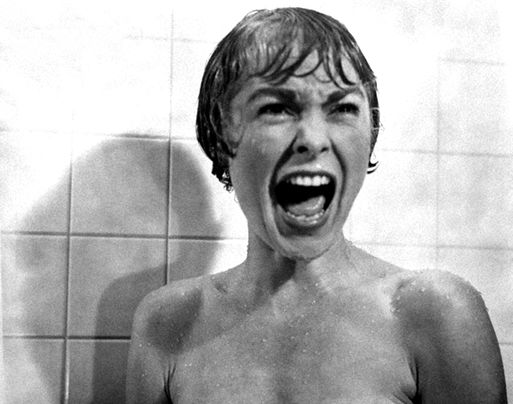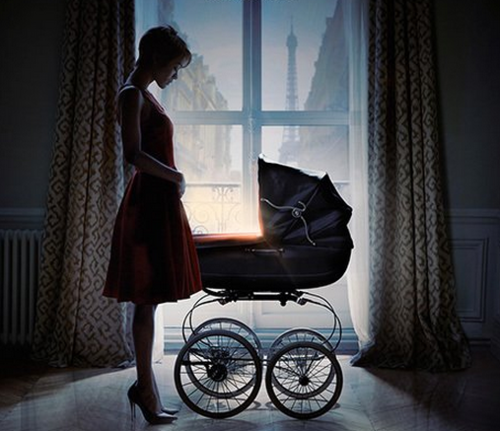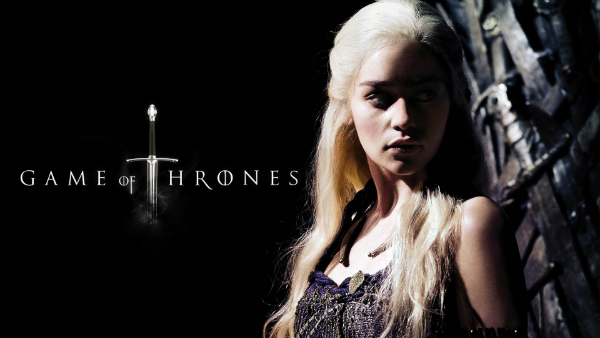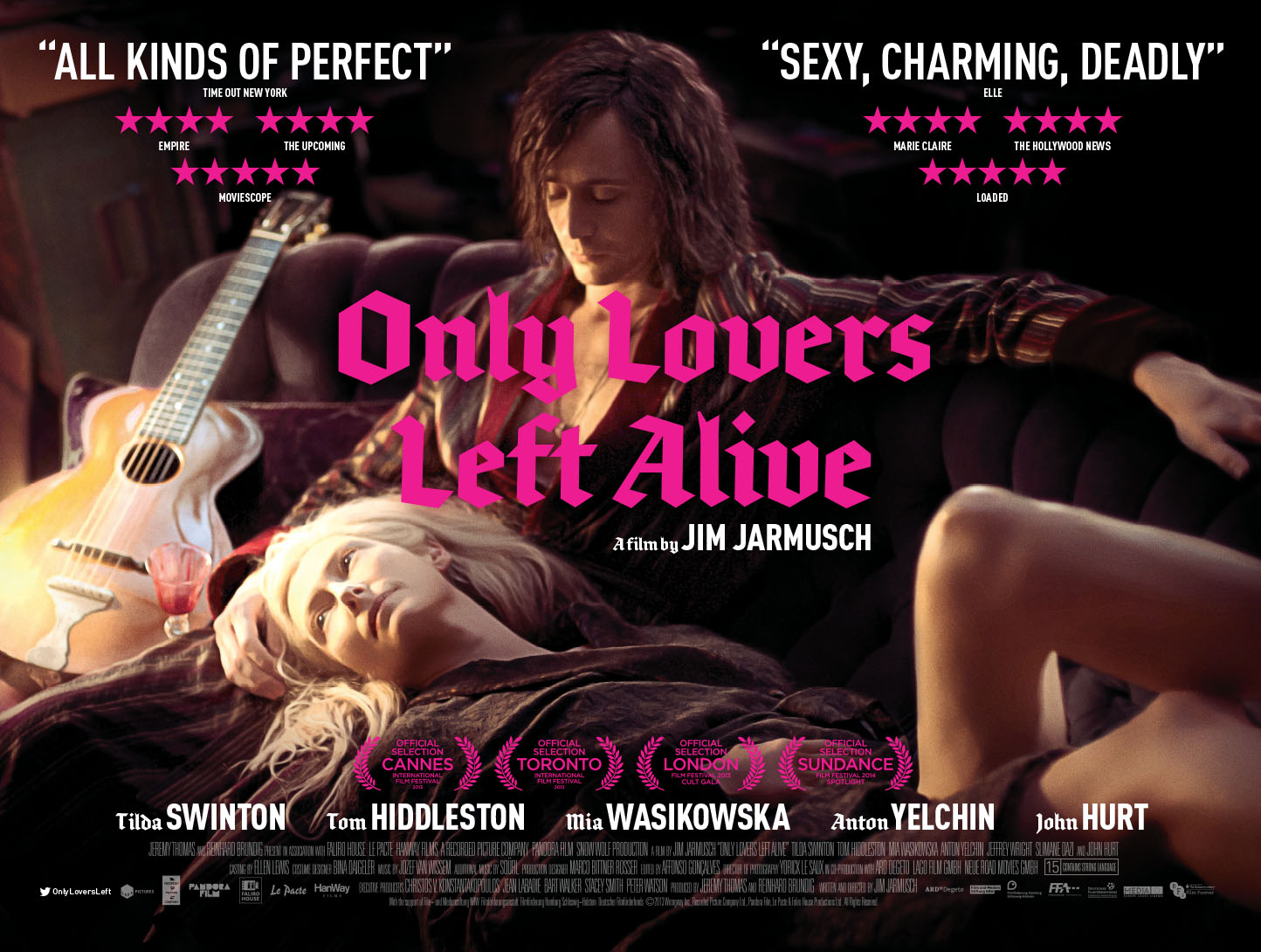‘Gone Girl’: How to Create the Perfect Female Villain
Seeing a female character like Dunne on screen is fantastic–a word she would deem “a little flippant,” but there has yet to be a female villain quite like her. Fincher draws us into this world, Dunne’s world, where everything is this perfect shade of monochrome with tungsten lighting, where the camera moves in slow and methodical push-ins and pull-outs just as calculating as Dunne is, where things change with such swiftness–a kiss to a tongue swab, just like real life. And as we return to real life, we have to wonder: What will Amy Elliott Dunne do next?
